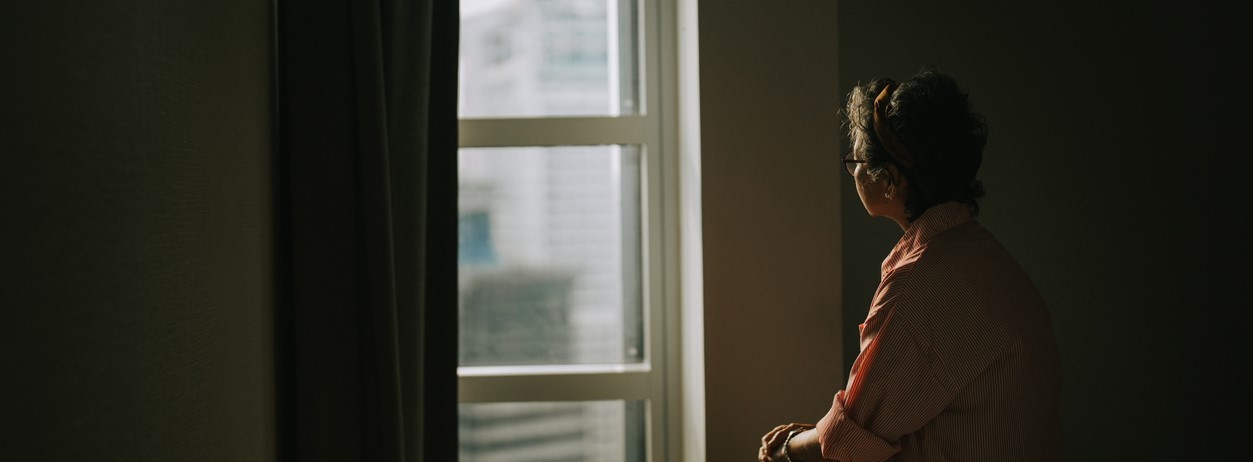The Scottish government reported that, on average, every adult in Scotland is drinking 36% more than the UK-wide lower-risk guidelines of 14 units per week.
Some will drink less of course, while a minority will drink much more. The same report highlighted a study that estimated there were between 55,800 and 58,900 problem drug users in the country.
Substance misuse can easily slide into full-blown addiction and a seemingly never-ending cycle of misery. Drug and alcohol addiction are linked to domestic violence and crime, many mental and physical health conditions, divorce, family breakups and more.
If you are suffering from this terrible affliction you might feel alone and desperate, but there is help available. One call could set you on the road to recovery via a drug and alcohol rehab in Bannockburn.
Inpatient and Outpatient Treatment Available in Bannockburn
Why choose a private drug and alcohol rehab in Bannockburn? Put simply, it is usually the best treatment option and gives you the very best chance to break the cycle of alcohol or drug addiction and move forward into a more positive new life.
Outpatient rehab programmes, like those typically available on the NHS, can be very useful for many. They are free at the point of access and you do not have to take time out from your everyday life and responsibilities.
It can be beneficial to remove yourself from your everyday life while you recover, however. With residential rehab, you will be in a secure environment away from the usual triggers and stresses that may fuel your usual relationship with drink and drugs.
You will not have the temptation to get ‘one last’ drink or hit when you are going through the painful process of drug and alcohol detox – which you will also be able to undergo in a medically supervised environment. On an outpatient course of addiction treatments, you will largely have to manage your own appointments and detoxification.
Rehabilitation and Detoxification Treatment
An alcohol and drug rehab, whether in Bannockburn or elsewhere in Scotland, will provide you with a holistic course that aims to treat your body and mind together. Over time your system comes to rely on the chemicals from drugs or alcohol being present.
This can lead to an increased tolerance, meaning you need more and more of the substance to get the same effect, or eventually just to feel normal. It also means you are likely to feel strong withdrawal symptoms when you quit drinking or taking drugs.
The detoxification process is when you stop your intake of drink or drugs and process the toxic elements that are already in your system. This generally does not take more than a few days but the withdrawal symptoms can be severe and cravings and psychological effects can last for much longer.
It is always safer – and much more likely to be effective – to undertake this difficult part of the recovery process under the medical supervision of a professional drug detox.
Therapies Options
It is not enough to stop drinking or taking drugs. Many people do manage to do that on their own, only to slide back into bad old habits a matter of days, weeks or even months down the line. At an inpatient rehab clinic you will also learn the knowledge and strategies you need to avoid this happening to you.
Primarily, this treatment will take the form of a range of therapies, which may include cognitive behavioural therapy (CBT), motivational therapy, family therapy and group therapy along with other residents. In order to get the most from these treatments, it’s important to participate fully and open up, which can be difficult for some.
We have a team of psychiatrists, therapists and mental health nursing staff to hep deliver these therapies, as well as treatment for a number of mental health conditions such as depression, anxiety, PTSD and OCD. When addictions and mental health conditions occur at the same time, which is very common, it is typically known as dual diagnosis.
Personalised Aftercare Programmes
The various therapies, workshops and other treatments you undertake during rehab are all designed with relapse prevention in mind. You should be armed with everything you need to spot the warning signs of a relapse, as well as techniques to help you avoid the triggers and temptations.
The period after rehab can still be very dangerous though, especially in the first 12 months. This is why we provide a year of free aftercare to anyone who has attended one of our rehab centres. This may include group therapy sessions with people who are on a similar recovery journey, as well as one-to-one counselling and therapy when needed.
Sources
https://www.gov.scot/policies/alcohol-and-drugs/
Frequently Asked Questions
What is Cognitive Behavioural Therapy or CBT?
Cognitive behavioural therapy (CBT) is a psychotherapy technique that is commonly used to treat mental health conditions such as depression and anxiety. The NHS says the technique is “based on the concept that your thoughts, feelings, physical sensations and actions are interconnected, and that negative thoughts and feelings can trap you in a vicious cycle”.2 It has been shown to be particularly valuable in treating addiction, which is why it is one of the cornerstones of our holistic approach to rehab.
How long does Rehab last for?
A stay in rehab can have different durations depending on a number of factors. We would typically recommend a stay of 28 days in order to complete a supervised detox and participate in a course of therapies and other addiction treatments.
What are the first steps when beginning Rehab?
The first step is simply admitting that you need help. We understand that some people can struggle with this, which is why we also offer friend and family referrals and family intervention services. Once the individual is ready to accept help they will take part in an admissions process that will assess their requirements and issues, helping us to draw up a tailored recovery plan directly suited to them.


